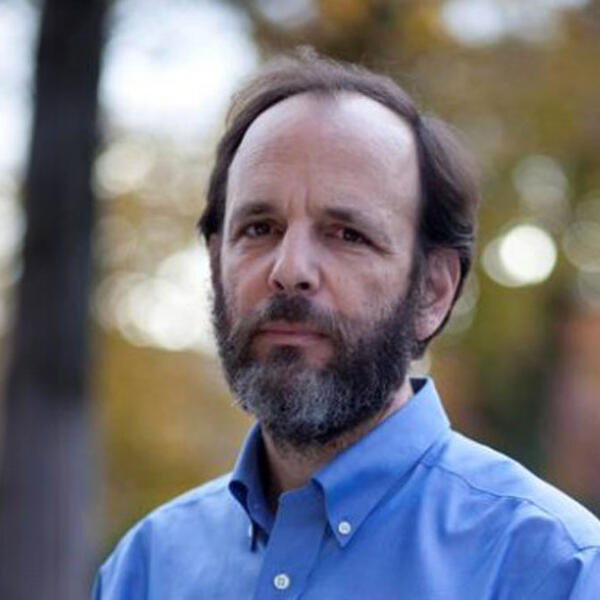
Who blows your mind who has actually succeeded in designing the human future?
Only one person has managed to figure out – probably by accident, at best by trial and error – what the current moment means for the future. Only one person has been able to exploit the intersection of economic inequity and technological opportunity to design a future that no one – NO ONE (at least no one who matters!) – anticipated until it began to unfurl, or perhaps unravel. As the forecasters and hypesters and Silicon Valley zillionaires, the TED-talkers and Davosites and Aspenites, all convinced themselves they were masters of the universe and would pull the rest of us into the future-of-their-making, who was it who strode, bemused and unrepentant, from the post-industrial wreckage that those gods of the future had created and shat upon? Who imposed coherence on the chaos of truths that those gods had unleashed when they set information free? Who mastered the tools of the Narcissphere, reclaimed the glory of the past, and promised, in 140 characters or less, that it was also the glory of the future? Sad! But true.
About Dan Sarewitz
Daniel Sarewitz is professor of science and society at Arizona State University, where he is co-director of the Consortium for Science, Policy, and Outcomes (CSPO), which he helped to found in 1999. He is interested in relationships among knowledge, technology, uncertainty, disagreement, policy, and social outcomes. How does the distribution of the social benefits of science relate to the way that we organize scientific inquiry? What accounts for the highly uneven advance of know-how related to solving human problems? How do the interactions between scientific uncertainty and human values influence decision making? And, how can improved insight into such questions contribute to improved real-world practice? He is the editor of Issues in Science and Technology (www.issues.org) and was a regular columnist for Nature from 2009-2017. “Saving Science,” his portrayal of the multiple challenges facing the scientific enterprise, appeared in The New Atlantis in August 2016. He is based at ASU/Washington, D.C., where he is runs the policy and outreach arm of CSPO.